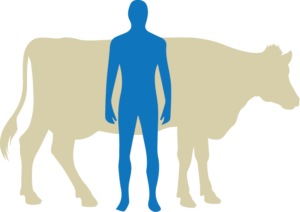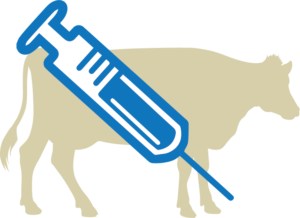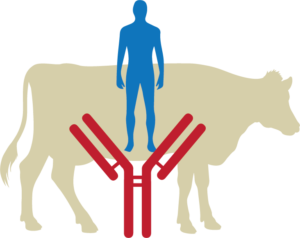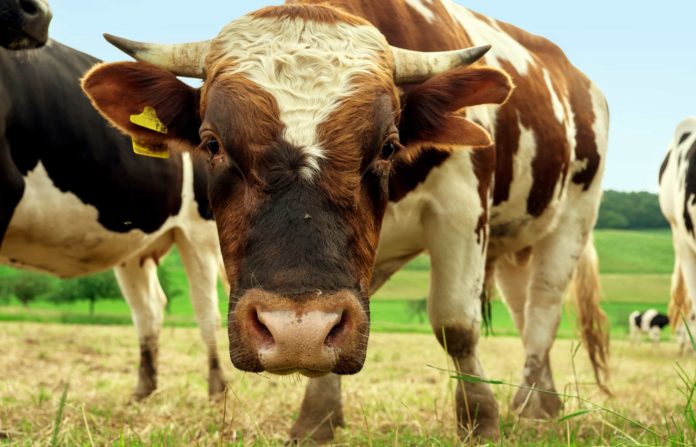Human antibodies manufactured from the plasma of cattle and targeting the Middle East respiratory syndrome (MERS) coronavirus have been found safe in healthy volunteers, according to a phase 1 clinical trial published in The Lancet Infectious Diseases journal.
This is the first study to investigate whether these types of antibodies are safe for human use, and is the first novel treatment option to be developed against MERS. Further research will need to assess the efficacy of these antibodies in people infected with MERS coronavirus.
Middle East Respiratory Syndrome (MERS) is viral respiratory illness that was recently recognized in humans. It was first reported in Saudi Arabia in 2012 and has since spread to several other countries. Most people identified as infected with MERS-CoV developed severe acute respiratory illness, including fever, cough, and shortness of breath. The MERS coronavirus varies in severity, but in the most severe cases requires intensive care and ventilation. Overall, the MERS coronavirus kills 35% of people who are infected.
The human antibodies were manufactured in transchromosomic cattle, which represents a novel technique for producing antibodies for passive immunotherapy – where externally produced antibodies are given to people with a disease to provide immunity.
In severe and emerging diseases such as influenza, severe acute respiratory syndrome (SARS), MERS and Ebola virus disease, it has often been recommended that plasma be harvested from people whose immune systems have successfully fought the disease. This plasma is then given to other patients to provide them with specific antibodies that can directly fight the virus.
However, this is not always possible when a disease emerges rapidly, or where the donor supply may be limited because of difficulties collecting sufficient amounts of human plasma to be able to implement this procedure on a large scale. In these situations, the use of transchromosomic cattle to manufacture specific antibodies potentially could help to overcome these difficulties because these animals can produce large amounts of different types of antibodies.
Transchromosomic cattle have human DNA that codes for human antibodies incorporated into their genome. The cattle are then injected with a part of the MERS coronavirus, which stimulates their immune system to produce antibodies against the virus. These antibodies are then extracted from the cattle’s blood and purified before being given to healthy volunteers. The treatment is called SAB-301 and has previously been tested in mice.
“The process of creating antibody treatments by harvesting antibodies from human donors is slow and often small-scale because the antibodies can only be taken from recently infected or vaccinated individuals. However, the cattle-produced antibodies could be created as soon as three months after an immunogen becomes available. This is the first study to show the safety and immune effects of a potential treatment for MERS. It is also the first study to test human antibodies produced in transchromosomic cattle. The data from our study suggest that SAB-301 is safe, and further research into the treatment is warranted,” says Dr John Beigel, Leidos Biomedical Research Inc, USA.
However, this type of passive immunotherapy will need to be tested in clinical trials with patients infected with MERS coronavirus in order to determine whether it is effective in limiting disease and reducing mortality.
PRODUCING HUMAN POLYCLONAL ANTIBODIES

1. Tc Bovine: Cows genetically designed to produce human antibodies

2. Immunization: Tc Bovine are vaccinated with target disease antigen

3. Human Antibody Production: Cows begin to produce specific human antibodies after immunization that circulate in the blood stream



Very well described